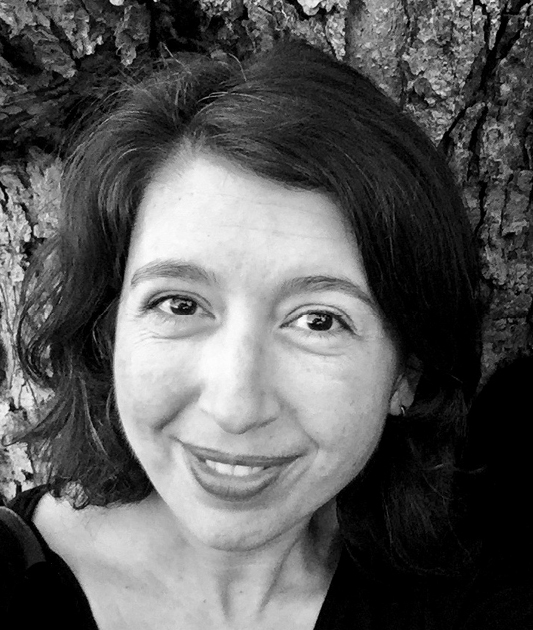
Kaitlyn Finchler
Staff writer
To define a lyrical essay is “almost an impossible question,” said prose writer-in-residence Randon Billings Noble.
A lyrical essay draws from intuition rather than exposition.
“If you want to hint at a line or thinking of thought, if you’re wondering about something (or) if you want to let the reader draw their own conclusions, it can help to read something in a lyrical form,” she said.
Noble will dive into the different forms essays can take in her Chautauqua Writers’ Center Brown Bag lecture, “Speculate, Explore, Propose, Reconsider: The Thinking Work in Essays,” at 12:15 p.m. today on the porch of the Literary Arts Center at Alumni Hall.
“I’m going to be talking about what I call the ‘thinking work’ in essays,” she said. “That’s what really makes an essay, an essay. There’s a lot of misunderstandings, especially about personal essays.”
A lot of times, Noble said, people think a personal essay is an “embarrassing” anecdote one would tell to be “entertaining or amusing.” This is not the case, and essays have to do more than tell a funny story at face value.
“It has to take that story and use thinking work to try to figure out why this amusing or embarrassing story happened,” Noble said, “what that says about us as human beings (and) what it might say about a particular cultural attitude.”
Her focus will also extend into the importance of slow thinking and not having “an immediate knee-jerk reaction” to something happening politically or personally.
“Take some time and really consider, ruminate, wonder (and) think about things,” Noble said. “Then offer our thoughts from there.”
Noble is the author of the lyric essay collection A Harp in the Stars, the full-length collection Be With Me Always, which was a finalist for the Foreward Indies Awards for Essays, and the chapbook Devotional, which contained the essay “The Heart as a Torn Muscle” that appeared in The Best American Essays 2016. She’s the founding editor of the online magazine After the Art, and teaches in the West Virginia Wesleyan Low-Residency MFA in Creative Writing Program and Goucher’s MFA in Nonfiction Program.
For the past five years, Noble has been a grant recipient from the District of Columbia Commission on Arts and Humanities.
“It doesn’t involve any kind of quantifiable work,” she said. “It’s to support individual projects for writers and artists living in D.C. … I’ve been lucky and grateful to be so supported by the district so that I can continue to do the work that’s so important to me.”
In her workshop this week, “The Shape of Things to Come: How Playing with Form Can Invigorate Creative Nonfiction Work,” Noble gave participants prompts for various essays and short memoirs. Within the capacity of leading workshops, Noble said she assumes a “beginner’s mindset” for everyone in attendance.
“I foster an environment of play,” she said. “I’m really interested in that intellectual play. Whether you’re brand new or a Pulitzer Prize-winning novelist and are in this workshop, take the time to play, to experiment, to take risks (and) to be open to new forms.”




